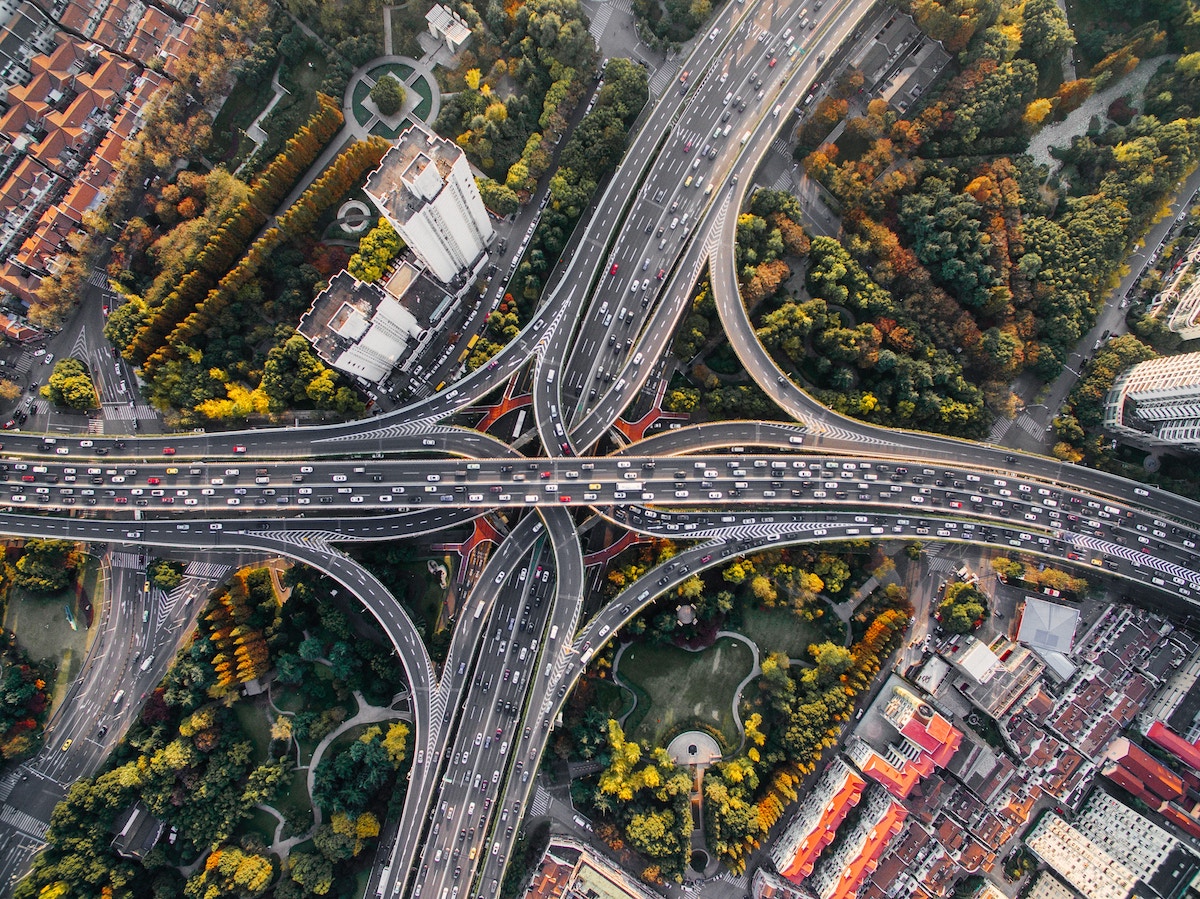The country’s leading mobile providers just bid in an auction to secure bandwidth in what will be part of the UK’s new 5G mobile network. But how will the souped-up network be different from the 3G/4G connections we’re all used to relying on? Will we even notice it?
Since late March, Ofcom have been auctioning off new bandwidths to key players in the industry, with Vodaphone, O2, EE, and Three all spending a total of £1.4 billion in order to stay ahead of the game and eventually provide customers with next-generation mobile internet services.
“Our job is to release these airwaves quickly and efficiently, and we want to see them in use as soon as possible. We are glad the auction is now underway. This spectrum will help improve people’s experience of using mobile broadband today, and also help companies prepare for future 5G services.”Philip Marnick, Ofcom’s Spectrum Group Director
So we should see improvements in mobile internet services fairly soon, as providers can already start utilising some of the auctioned bandwidth for current 4G connections, but what can we expect from 5G and when will it be available?
Following the hype
Network providers are gearing up for 5G as we speak, but it’s not exactly around the corner. The first 5G capable mobile devices should be arriving early next year, but it’s still not clear which networks will introduce 5G first. In the US and China ground is being gained more quickly, and it’s likely these two countries will see the first mainstream use of 5G on mobiles, but we should realistically see the same here in the UK by the end of 2020.
There’s lots of talk about the amazing things 5G will bring to consumers. But will it be revolutionary like much of the press are claiming?
There has been a lot of hype surrounding 5G, and some have claimed that a 5G network will enable societal-wide changes and developments. For example, it’s been suggested that the kind of connection speeds/quality that 5G networks offer will be critical for driverless cars to be safe, as they’ll need a guaranteed constant connection that allows lots of communications to occur at once. Regardless, we’re unlikely to see driverless cars zooming around as soon as 5G is rolled out. Key manufacturers like Audi and Bosch have given estimates of between 2020 and 2025 for fully autonomous cars being functional, but much like Virgin Galactic’s claims about suborbital space tours for the public, mainstream use and successful test runs are two very different things.
When it comes to 5G then, it’s important to be realistic about what we can expect – otherwise there’s a risk of public backlash before the technology can fulfil it’s potential.
So what can we expect?
Faster speeds
The key difference with 5G is that it will be significantly faster than what is generally available at the moment. The network has the potential, theoretically, to be 100 times faster than current 4G speeds. In real terms, that’s like downloading a full HD movie to your phone in a matter of seconds.
Less lag
5G connections will have significantly less latency when using apps or playing games. That means less loading icons between pages and less delays while you wait for a connection or live stream to kick in. But perhaps more importantly, this will be extremely useful when it comes to newer technologies including the so-called Internet of Things, which is all about smart cities and connected home appliances (like fridges with a camera inside so you always know what you need to buy from the shops!).
A (steadily) more connected world
New technologies – like smart home lighting that turns on just before you get to your front door – are real and in exist in many of our homes already. But 5G will allow manufacturers to do more with smart devices. Just like we’ve seen lots of areas of our every day lives become more connected (think bus stops that connect to each bus to tell you how long you’ll have to wait), 5G will certainly be an enabler for new technologies, and we will see them steadily appear once 5G is rolled out. Bournemouth has committed in an optimistic turn around to become the UK’s first 5G urban area, despite having the worst 4G availability in the country.
BBC Click
For a perfect demonstration of the kind of hype (whether valid or not) surrounding 5G, as well as more on what 5G will mean in more everyday terms, check out the BBC’s recent Click documentary on the topic.
How can I keep up to date?
If you want to keep up to date with 5G developments in the UK you can sign up to 5G.co.uk’s newsletter. The site releases regular updates and articles pieces all to do with the technology.




